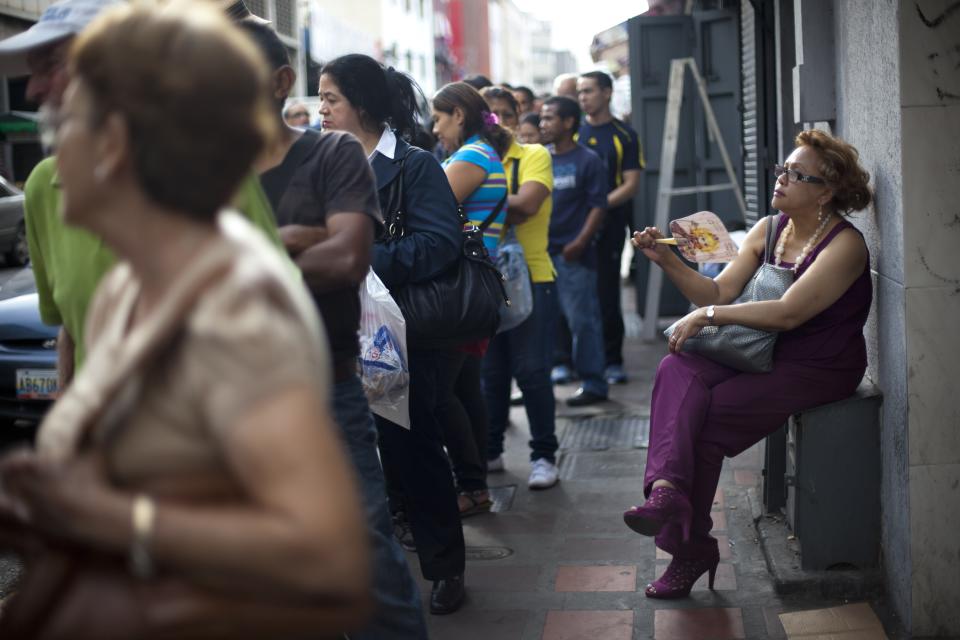♠ Posted by Emmanuel in Agriculture
at 10/31/2014 01:30:00 AM
 |
| Anti-Monsanto campaigners have fun with Photoshop. |
Given such a scenario, think about being a millennial tasked with generating positive PR for Monsanto. Whereas most wouldn't go near the company without a hazmat suit, NPR has a fascinating interview with Vance Crowe, "director of millennial engagement" over at Monsanto. Here are some Q&As:
You have an interesting job title. How did the job come about, and when did you start?While GMOs are not as ostracized in the US as they are in Europe--nearly all corn and soy in America is now of the GM variety--these are not permanent victories. There are propositions in left-leaning states like Oregon and Colorado for a GMO labeling law to be passed. (Which, if I may say, would be redundant in the case of the plentiful corn- or soy-containing foodstuffs since almost all will have GMO content.) Regardless of where you fall on the GMO debate--as a scholar of world development, I remain keen on its potential to increase productivity and help alleviate hunger--attitudes of next-generation consumers will be interesting to watch as to whether GMOs and Monsanto by implication survive and thrive.
It's been pretty clear for a long time that Monsanto has been really good at talking to and selling seeds to farmers and talking to Wall Street about our progress and growth. But in between those two poles are consumers, and the company didn't have a robust strategy for talking to them. It's clear consumers have some strong feelings about how food should be produced and what sustainability is. And the tenor has gotten kind of loud.
If you are a big company, you can't take a piece of poster board and say, "We're open to talking!" You have to have a plan for where the conversation is going on, and how to engage. The company decided it would find somebody to join the conversation in ways it might not naturally think of. I started in June.
Why exclusively millennials? Is there a director of boomer engagement, too?
Millennials are looking to how they're going to fit into the economy and culture, and they have a new set of ideas that need to be incorporated into all aspects of global life. We use the term "millennial," but it really has to do with new ideas out there, and listening to them.
How is Monsanto's conversation with millennials different from how it might engage with other groups?
In the U.S., many people living in cities are several generations away from farms. Monsanto is clear that millennials in cities are paying attention to where food comes from, but that they don't have a direct connection to farming the way that generations in the past did. One of the things we have a connection with is farmers. We are trying to invite farmer customers to come to places and actually meet people and talk about their stories and how Monsanto is helping them solve some of their challenges.
















